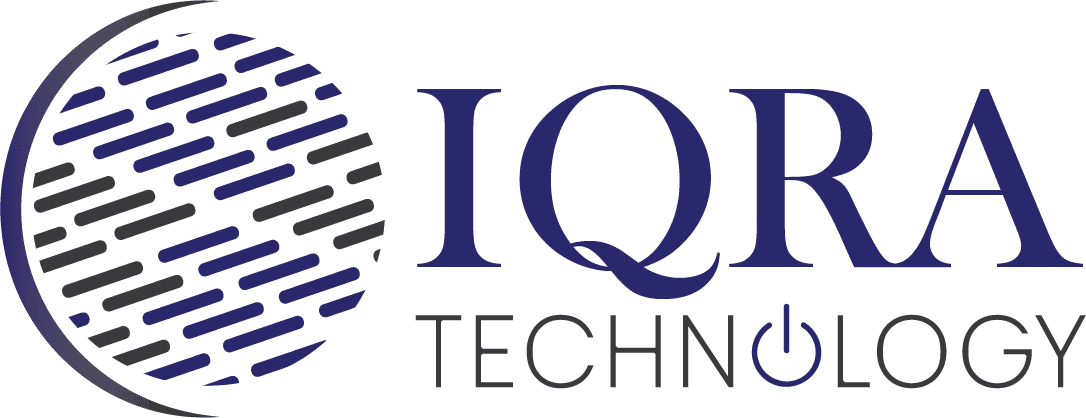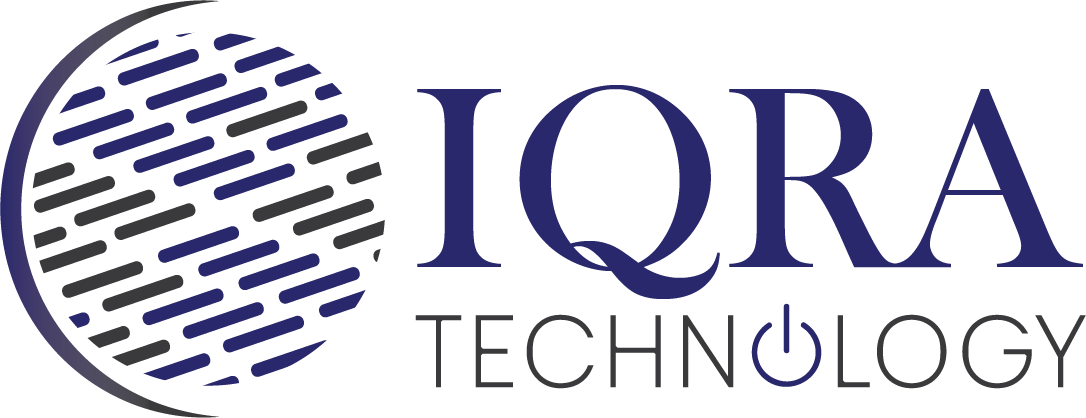Salesforce Testing VS Other Testing
Salesforce testing refers to the process of validating and verifying the functionality, performance, and reliability of applications built on the Salesforce platform. It involves testing various components such as customizations, configurations, integrations, and workflows within the Salesforce ecosystem. Salesforce testing is unique in the sense that it focuses on the specific features and functionalities provided by Salesforce.
On the other hand, “other testing” is a broad term that encompasses testing in various domains and technologies beyond Salesforce. It can refer to testing in web development, mobile applications, software systems, databases, APIs, and more.
Why is testing important?
.
Testing is important in the context of Salesforce consulting for several reasons:
Quality Assurance: Testing ensures that the Salesforce implementation or customization meets the desired quality standards. By thoroughly testing the Salesforce solution, you can identify and fix any bugs, errors, or issues before deploying it to production. This helps prevent system failures, data corruption, and other potential problems that could negatively impact business operations.
Validation of Requirements: Testing allows you to validate whether the Salesforce solution meets the specified requirements. By comparing the actual system behavior against the expected outcomes, you can ensure that the implemented features and functionalities align with the business needs and user expectations.
System Stability: Testing helps ensure the stability and reliability of the Salesforce system. By performing various tests, such as functional testing, performance testing, and security testing, you can identify and address any weaknesses or vulnerabilities. This helps ensure that the system operates smoothly and consistently, minimizing downtime and maximizing user satisfaction.
User Experience: Testing plays a crucial role in enhancing the user experience. By conducting usability testing and user acceptance testing, you can gather feedback from end users and make necessary adjustments to improve the system’s usability, intuitiveness, and overall user experience. This leads to increased user adoption and productivity.
Risk Mitigation: Testing helps mitigate risks associated with Salesforce implementations or changes. By thoroughly testing the system, you can uncover potential issues and address them proactively, reducing the likelihood of costly failures or operational disruptions. This also helps maintain data integrity and security, safeguarding sensitive information.
Continuous Improvement: Testing is an iterative process that facilitates continuous improvement. By monitoring and evaluating the system’s performance, identifying areas for enhancement, and incorporating user feedback, you can refine the Salesforce solution over time. Regular testing ensures that the system remains up to date, scalable, and aligned with evolving business requirements.
testing in the context of Salesforce consulting is vital for ensuring quality, validating requirements, maintaining system stability, enhancing user experience, mitigating risks, and driving continuous improvement. It is an integral part of the implementation and maintenance lifecycle to deliver a robust and effective Salesforce solution.
Salesforce Testing
Salesforce testing refers to the process of verifying and validating the functionality, performance, and reliability of Salesforce applications or customizations. Salesforce is a popular customer relationship management (CRM) platform used by organizations to manage customer data, sales processes, and business operations. Effective testing of Salesforce implementations is crucial to ensure that the system meets the specific requirements and functions as expected.
Salesforce testing is an integral part of Salesforce development services. When engaging with a Salesforce development services provider, it’s essential to understand the importance of comprehensive testing to ensure the quality and success of the Salesforce implementation.
Testing in other technologies
Testing is an integral part of software development across various technologies. While the specific testing approaches and tools may vary depending on the technology stack, the fundamental principles and objectives of testing remain the same. Here’s a brief overview of testing in some popular technologies:
Web Application Testing: Web applications are tested to ensure their functionality, usability, and compatibility across different browsers, devices, and operating systems. Testing includes functional testing, usability testing, performance testing, security testing, and cross-browser testing.
Mobile Application Testing: Mobile app testing involves testing applications designed for mobile devices, such as smartphones and tablets. It includes functional testing, user interface testing, performance testing, compatibility testing across different devices and operating systems, and testing for mobile-specific features like push notifications or GPS.
API Testing: Application Programming Interfaces (APIs) are tested to ensure that they provide the expected functionality and data exchange between different software systems. API testing involves verifying the correctness of input and output data, error handling, authentication, authorization, and performance of API endpoints.
Database Testing: Database testing focuses on verifying the integrity, accuracy, and performance of the database and its interactions with the application. It includes testing data consistency, data validation, data retrieval, data manipulation, and database performance under different loads and scenarios.
Cloud Application Testing: Cloud-based applications and services are tested to ensure their functionality, scalability, security, and performance in cloud environments. Testing may include load testing, stress testing, security testing, and testing for cloud-specific features like auto-scaling or data redundancy.
Internet of Things (IoT) Testing: IoT testing involves testing devices, sensors, and systems connected through the Internet of Things. It includes testing device functionality, data communication, interoperability, security, and performance of IoT systems.
Machine Learning Testing: Machine learning models and algorithms are tested to evaluate their accuracy, reliability, and performance. Testing involves training data validation, model evaluation, testing for bias or fairness, and ensuring the model’s behavior aligns with desired outcomes.
Virtual Reality (VR) and Augmented Reality (AR) Testing: VR and AR applications are tested to ensure their immersive experience, interactivity, and performance. Testing includes functionality testing, user experience testing, performance testing, and compatibility testing across different VR/AR devices.
Difference betn salesforce Testing and other Testing
The main difference between Salesforce testing and other types of testing lies in the specific focus on testing Salesforce implementations, customizations, and functionalities. When considering a Salesforce development company, it’s essential to understand the unique aspects of Salesforce testing. Here are some key differences:
Salesforce-Specific Functionality: Salesforce is a cloud-based CRM platform with its own set of features, functionalities, and customization options. Salesforce testing involves verifying and validating these specific Salesforce capabilities, such as workflows, triggers, validations, reports, dashboards, and integrations with other systems.
Customization and Configuration: Salesforce allows extensive customization to meet unique business requirements. A Salesforce development company often configures the platform and develops custom solutions using Salesforce’s declarative features (point-and-click) or programming languages like Apex and Visualforce. Testing in this context involves ensuring that customizations and configurations work correctly and integrate seamlessly with the existing Salesforce functionality.
Salesforce Ecosystem: Salesforce integrates with various applications and systems, such as ERP systems, marketing automation tools, or external databases. Testing in a Salesforce development company involves verifying the integration points, data synchronization, and data flows between Salesforce and other systems.
Salesforce-Specific Testing Tools: Salesforce provides specific testing tools and frameworks to support testing within the platform. For example, Salesforce offers the Salesforce Test Framework for Apex code, which allows developers to write unit tests to verify the behavior and quality of their code. Additionally, Salesforce offers tools like Data Loader and Data Import Wizard for data-related testing activities.
Salesforce Continuous Integration and Delivery (CI/CD): Salesforce development often follows CI/CD practices, where changes and updates are frequently deployed to production. Testing in a Salesforce development company involves setting up automated testing frameworks, implementing test automation scripts, and integrating them into the CI/CD pipeline to ensure the quality and stability of ongoing development efforts.
Salesforce-Specific Best Practices: Salesforce has its own best practices for development and testing. These practices encompass guidelines for data management, governor limits, test coverage, security considerations, and performance optimization. Testing in a Salesforce development company involves adhering to these Salesforce-specific best practices to ensure efficient and effective testing processes.
Salesforce Release Management: Salesforce releases updates and new features several times a year. Testing in a Salesforce development company involves staying up to date with the latest releases, understanding their impact on existing customizations, and performing regression testing to ensure that new releases do not break existing functionality.
Salesforce testing is distinct due to its focus on Salesforce-specific functionalities, customizations, integrations, tools, and best practices. A Salesforce development company should have expertise in Salesforce testing methodologies and tools to ensure the success of Salesforce implementations and customizations.


